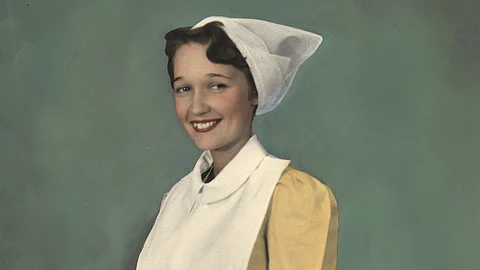Despite being the backbone of the healthcare system, nurses in India continue to face chronic neglect, from inadequate pay and staff shortages to unsafe working conditions and limited career growth. While they were celebrated as heroes during the COVID-19 pandemic, the systemic issues they face remain unresolved.
May 12th is celebrated as Nurses' Day, as it coincides with the birthday of Florence Nightingale, who is regarded as the founder of modern nursing. The National Florence Nightingale Award is a prestigious recognition established in 1973 by the Ministry of Health and Family Welfare in India to honor and encourage the contributions of nursing personnel. This award is given to 15 nurses each year.
On International Nurses Day, we delve into the conditions of the healthcare system in India. This year, the theme selected by the International Council of Nurses is "Our Nurses. Our Future. Caring for nurses strengthens economies."
In India, the National Health Policy 2017 recommends the availability of 2 beds per 1,000 population. However, the number of beds in public health facilities is guided by the population norms mentioned in the Indian Public Health Standards (IPHS) laid down by the Government of India.
IPHS norms have laid down proper regulations for different-tier healthcare facilities in India, varying from primary health care centres to district hospitals.
The WHO-recommended bed-to-population ratio is 5 per 1,000.
As per the National Health Profile 2018, India had 1 bed per 1,844 population or 0.54 beds per 1,000 population. According to the National Health Profile 2021, India has 8,25,235 beds or 0.6 beds per 1,000 population.


